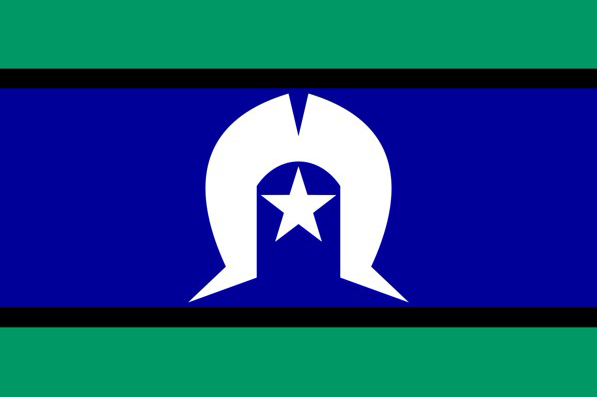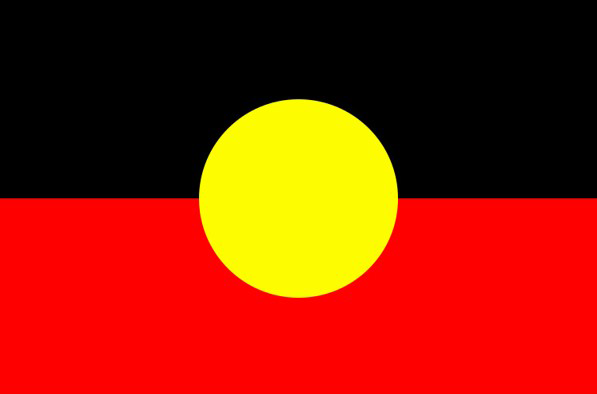DEREK
My name is Derek, and I am originally from Malaysia. Like many youth of my generation from my country of origin, I first arrived here in Australia as an international student; like some of them, I have since settled down here and made Australia my home; and like a significant minority of these migrants, I am non-heterosexual. I still return to Malaysia on a recurring basis to visit family and friends, but I would often have to keep the salient parts of my identity as a gay man discreet to mainstream society there. In spite of this, I still celebrate and maintain some of the cultural traditions of my country of birth, like preparing Malaysian food or speaking Malay whenever the opportunity arises. My passion for Malaysian food led me into the restaurant business, where for a time I was the co-owner of a restaurant in Brisbane that specialised in Malaysian cuisine.
Like Australia, Malaysia is a diverse multicultural society containing many different ethnicities, languages and religions. However, Malaysian society as a whole is still not accepting or tolerant of people who identifies as a member of sexual minority, and the antiquated colonial law that criminalizes acts of male homosexuality will probably not be repealed anytime soon. Individual Malaysians who are brave enough to express their sexual orientation or gender identity are treated as a source of comedy at best, but more often than not they get shamed and vilified. This often means the lack of knowledge about, or regard for, safe sex practices among Malaysian who identify as LGBT.
For gay and bisexual men who are sexually active in Malaysia, there is certainly a lack of discreet access to resources for protection against sexually transmitted infections (STIs) as sexual health advocacy groups often face hurdles or limitations in promoting such services. Medications like PrEP are not widely available outside of a select few sexual health clinics, and the authorities have historically persecuted LGBT-friendly venues that attempt to provide resources for sexually active patrons. This is compounded by a prevalent cultural attitude in a society which values the importance of being polite and not upsetting other people, and so many men who have sex with men may be unwilling to set up boundaries or say no to something they are uncomfortable with, even when their own sexual health is at stake.
I think it’s important for other members of the LGBTI community from Malaysia, Singapore and other Southeast Asian to understand that we should let go of the shame and stigma that we experienced as marginalized peoples in our countries of birth.
In Australia today, the qualities that make us different as members of the LGBT community are valued. We can talk openly about our sexual partners, and by extension, we ought to talk openly about our sexual health and share information or experiences about STI’s with friends and peers. That means we should access the resources that protects our sexual health, such as PrEP, and share this information with others.
I’ve started on PrEP only recently, and I take it on a need to use basis as opposed to a strict daily routine. This is called PrEP on Demand, also known as 2+1+1. This method of taking PrEP is good for people who don’t have sex regularly, and allows me to plan ahead when sex happens. At least 2 hours before sex, I would take two PrEP pills or a double dose together, then one tablet 24 hours later and 24 hours after that (2+1+1). Studies from IPERGAY study, a randomized, placebo-controlled study from 2012, prove this method of taking PrEP is just as effective as PrEP medications that is taken as a daily routine.
Click HERE to learn more about PrEP on Demand.
My experience and observations, access to PrEP has never been easier, and affordable options are available for those who need it, like many international students. In Queensland, any GP, doctor or nurse practitioner can prescribe PrEP. I recall that during my initial appointment, my GP told me he would like to start by running some tests for HIV, STIs and my kidney function. I was told I have a choice to access either Medicare-subsidized local medication, or imported medication. My GP asked me to keep him informed if I experience any potential side effects between either type of medication, like any adverse effects on kidney function, but he also assured me that it is completely safe to use. So far, I have not experienced any side effects.
According to my research, we can also order PrEP from online pharmacies and have it delivered directly to us, which only costs around $20. PrEP and its ease of access has been made possible by the advancement of technology and the cumulative hard work of LGBT advocates and their allies, past and present. Being able to take PrEP at will means that I do not need to worry about the aftermath of unanticipated sexual encounters where no protection is used and the HIV status of the other person is unknown or undisclosed to me. I believe health is the most importance resource of our lives and it is absolutely our prerogative to be ourselves, and more importantly, take better care of ourselves.



